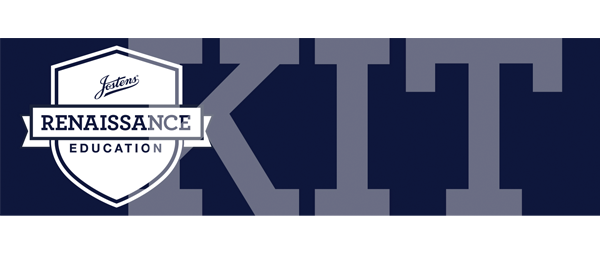
A Mindset for Growing: Train That Brain
Many people view intelligence and ability as characteristics that are mostly fixed from birth and that don’t change much over the course of a lifetime. However, when students believe intelligence can be increased with effort, and that challenges are critical for learning, they are showing a growth mindset. This perspective affects the amount of effort they exert in school and in life. The information in the Educator Guide and activities in this kit will help educators and students understand the difference and reframe language and perspectives to nourish a growth mindset.
A Mindset for Growing Educator Guide (20)
What we say, both to ourselves and to others, can drastically affect behavior and ways of thinking. Reframing some common phrases helps to see how we can focus on actions that can be maintained or improved. Click here to download the PDF.
Refraining Common Quotes Worksheet (20)
Send a copy home with students or provide it on your school website so parents can also participate in this month’s focus on relationships. Click here to download the PDF.
Train That Brain Stress Balls (5)
Toss these around the room or sit at your desk and give them a squeeze on those tough days. These coordinate with the Train That Brain Poster.
From Fixed to Growth Mindsets: Student Activity (20)
This matching game helps students think critically about the messages they receive (and tell themselves) so that they can respond to failures and setbacks in ways that help them learn and grow. Click here to download the PDF.
Characteristic Buttons (100)
Have teachers thoughtfully select and give them to students with a few words of authentic praise to build relationships and give students a way to show their strengths. Available for purchase at JostensRenaissance.com/store.
Train That Brain Poster (5)
These posters coordinate with the Train That Brain Stress Ball, and encourage students to see the brain as a muscle that can be exercised and developed.
Praise Pointers Handout (20)
Send a copy home with students or provide it on your school website so parents can also participate in this month’s focus on relationships. Click here to download the PDF.
Educational Push Messages (1)
These messages can be used on Twitter or Facebook, or in school announcements, newsletters or other communication resources. Push messages for this month are focused on developing a growth mindset. Click here to download the PDF for easy copying and pasting.
Meme: "Train That Brain"
Use on your email blasts, Facebook, your district/school website or other social media sites to share this idea with your entire school and community. Click here to download the JPG file.
NEED MORE? For additional items from the kit, contact your Jostens rep or email: renaissance@jostens.com.
One-Minute Message for Administrators: A Mindset for Growing (March Kit Theme)
This month's Renaissance Kit focuses on cultivating "growth mindsets" in students and teachers. People with growth mindsets emphasize each other's ability to learn, put in effort, and overcome challenges.
Why It Matters
- Students with growth mindsets tend to do better in school, work harder, and overcome setbacks.
- Teachers, parents, and peers all influence students' mindsets. The messages they give to students can either reinforce or undermine growth mindsets
- Teachers' mindsets about students greatly influence how teachers teach. If they do not believe students (or particular groups of students) can do well in their subjects, they challenge students less, and their teaching is less effective. But if they recognize the growth potential in all students, students are much more likely to improve.
What You Can Do
- Audit the messages the school gives about success and achievement in recognition programs, announcements, communication with student and parents, and posters in the halls. Adjust them to continually emphasize that effort and the use of good learning strategies are key to success.
- Encourage teachers to reflect on the messages they give students through feedback, grades, and classroom interactions.

